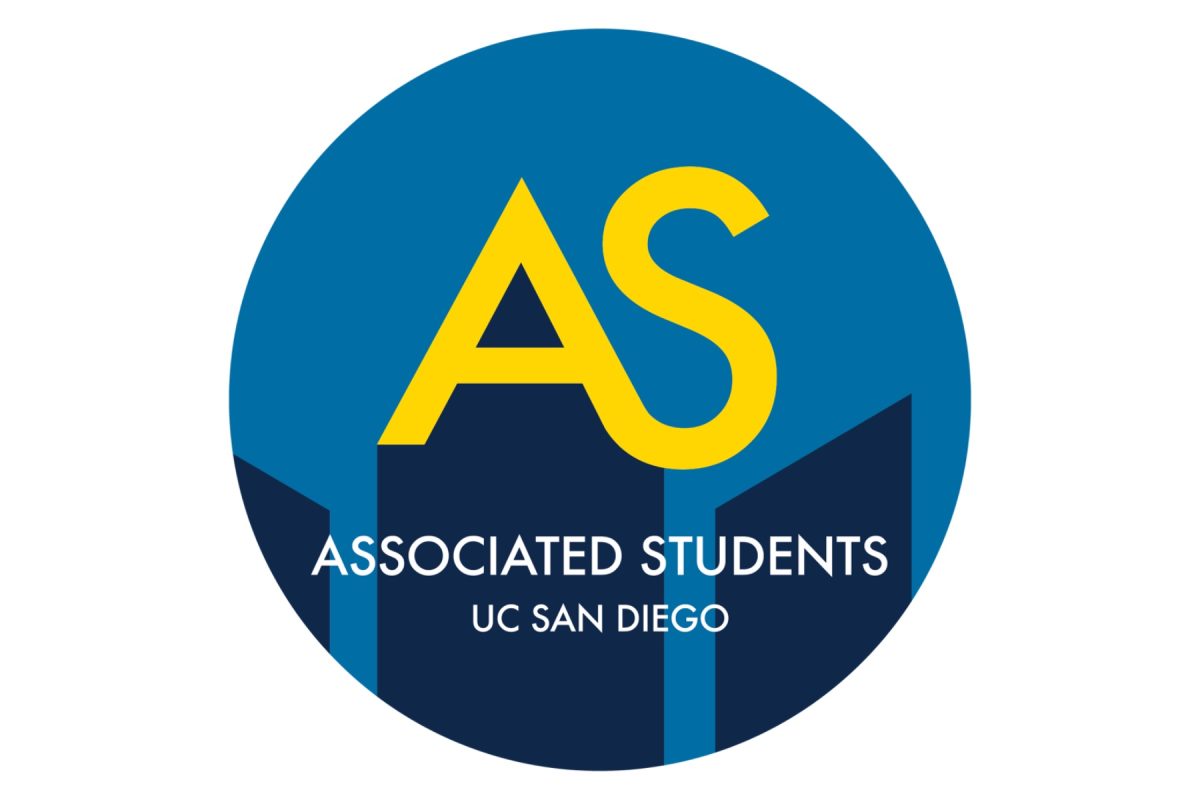In light of widespread concern over the climate crisis, UC San Diego has unveiled the Global Center on Climate Change, Water, Energy, Food, and Health Systems. At the heart of this initiative is Jordan, a nation on the brink of severe water insecurity by 2030. Recognizing this, the center has set forth to develop cutting-edge strategies addressing water scarcity. While the center’s primary focus is on Jordan, its broader vision extends to introducing adaptable solutions for other regions that grapple with similar challenges.
The predicament faced by the northeast region of Jordan is especially pronounced in the Azraq Basin. This basin, which has become a sanctuary for around 120,000 displaced Syrian refugees, underscores the intersection of severe climatic challenges and burgeoning societal issues. According to UC San Diego Today, Jordan is “second among countries with the lowest access to water.”
Wael Al-Delaimy, M.D., Ph.D., the principal investigator of the Global Center and professor at the Herbert Wertheim School of Public Health and Human Longevity Science, shed light on the center’s unique position in an interview with The UCSD Guardian.
“Our application caught the attention of the National Intelligence Strategy because of our unparalleled convergence of diverse expertise, spanning from intricate areas like engineering and hydraulics to crucial fields like public health and data science,” he said.
Speaking more on the tactical front, Al-Delaimy unveiled the center’s plans for the Azraq Basin.
“The center aims to develop an analytical tool designed to uncover correlations that can guide water insulation techniques,” he said. “Beyond that, our goal extends to enhancing agricultural productivity, improving health outcomes, and boosting economic activity, all within a comprehensive, sustainable framework.”
Engaging the community, particularly the Syrian refugees residing in the Azraq Basin, is fundamental to the Global Center’s approach. Al-Delaimy emphasized that they are “deeply committed to fostering a symbiotic bond with these communities, especially those in rural settings and among the Syrian refugee populace.”
While the center’s endeavors are currently propelled by a $3.8 million National Institutes of Health P20 grant spanning three years, Al-Delaimy was quick to spotlight the expansive vision that lies beyond this timeframe.
“Consider this three-year period as a foundational brick — a testing ground to sieve out effective strategies and pinpoint areas ripe for meaningful transformation,” he added. “Looking forward, the center has its sights set on harnessing diverse funding streams, both within the U.S. and from global sources, to expand its reach and impact.”
The integration of various fields of study, as pointed out by Al-Delaimy, is what makes the center’s approach unique.
“Engineering can provide us with techniques, but public health gives those techniques a purpose,” he said. “Data science allows us to predict patterns, but understanding human behavior helps us implement those predictions effectively.”








